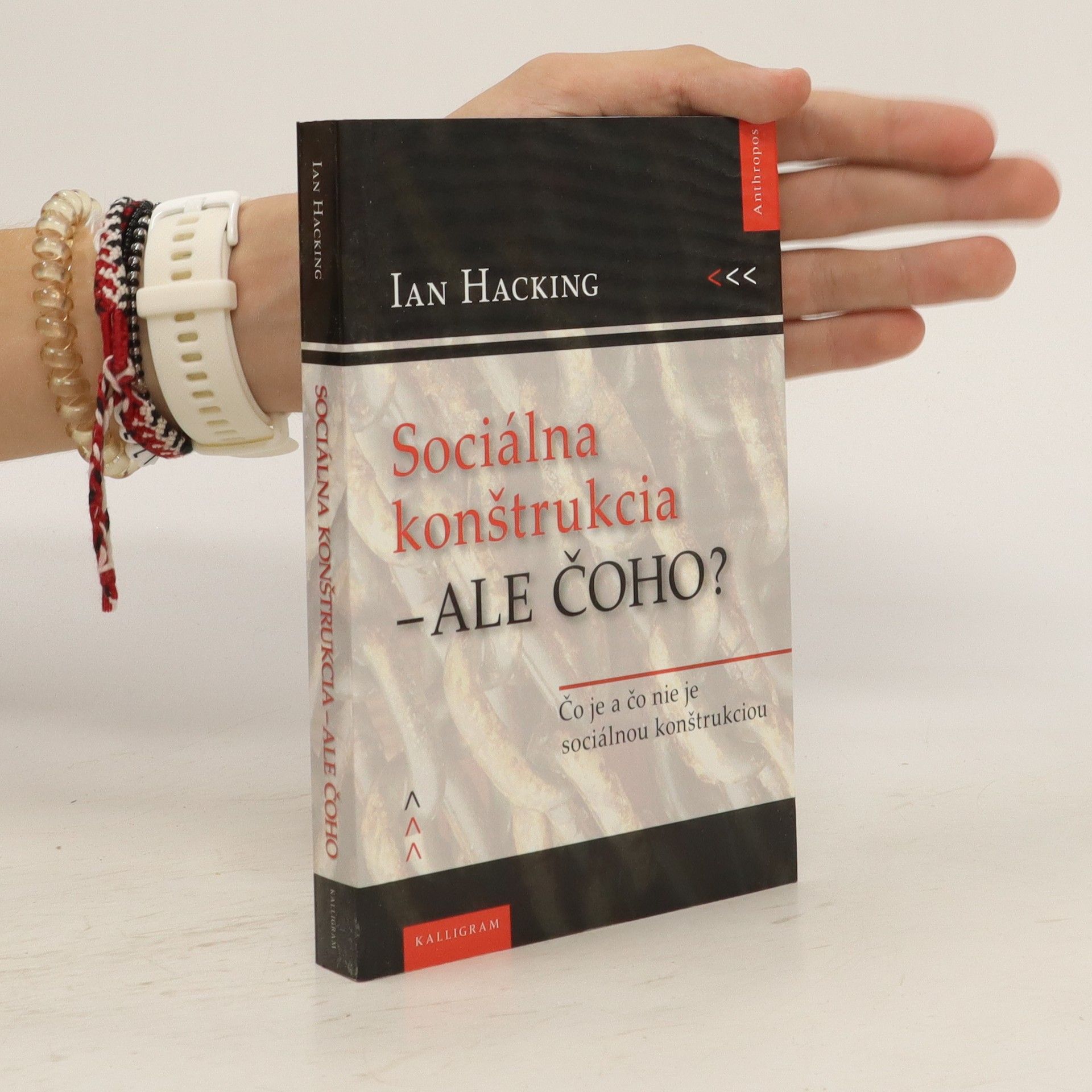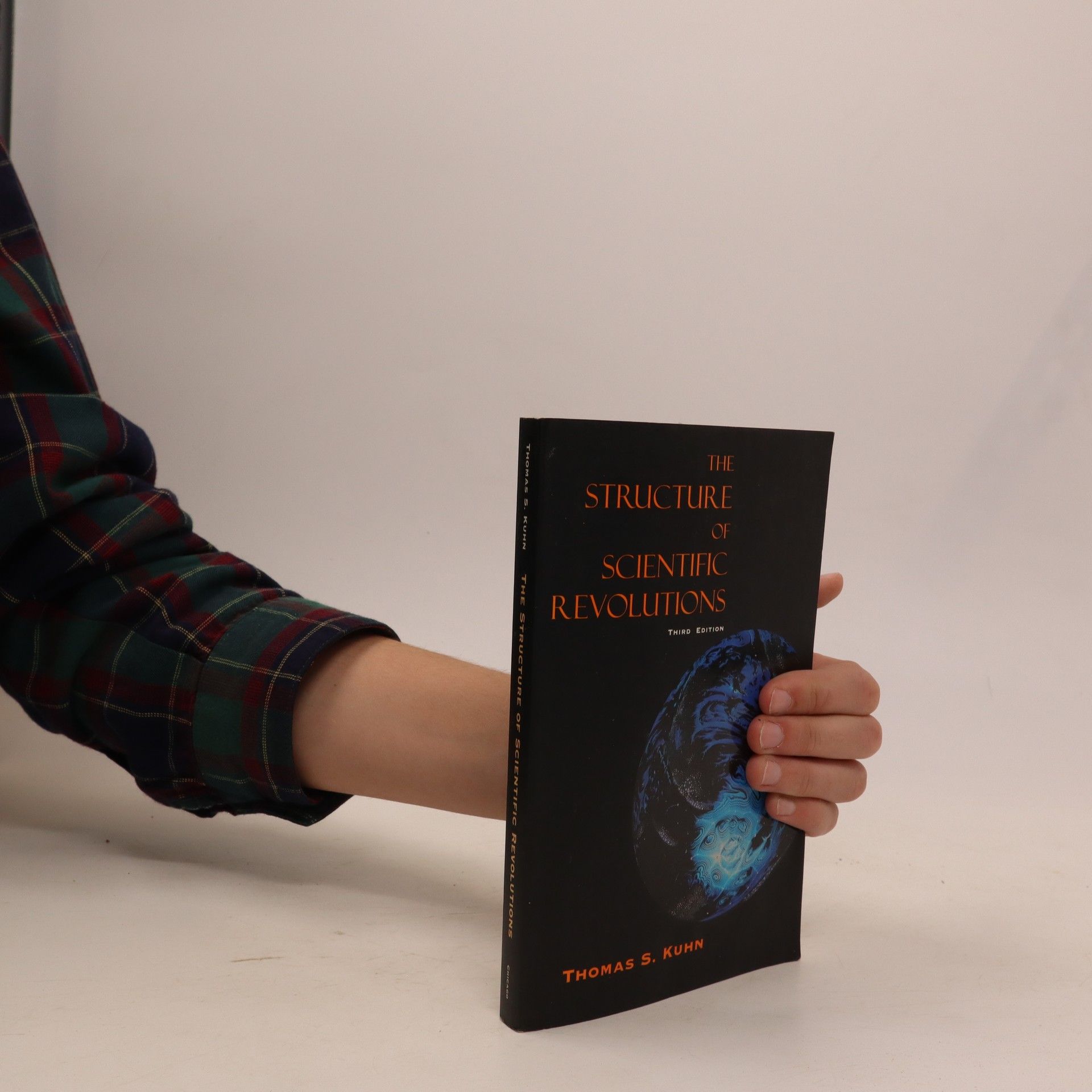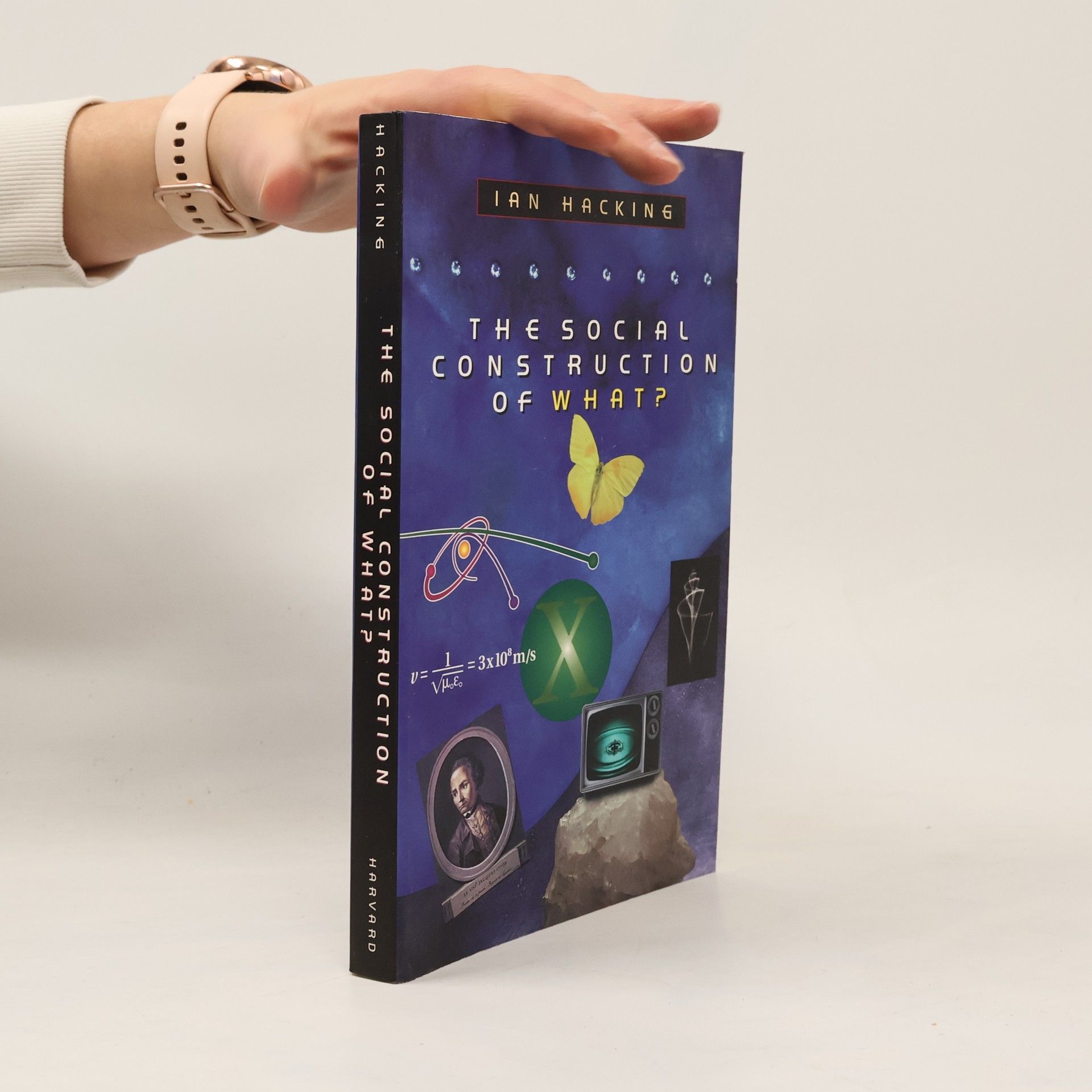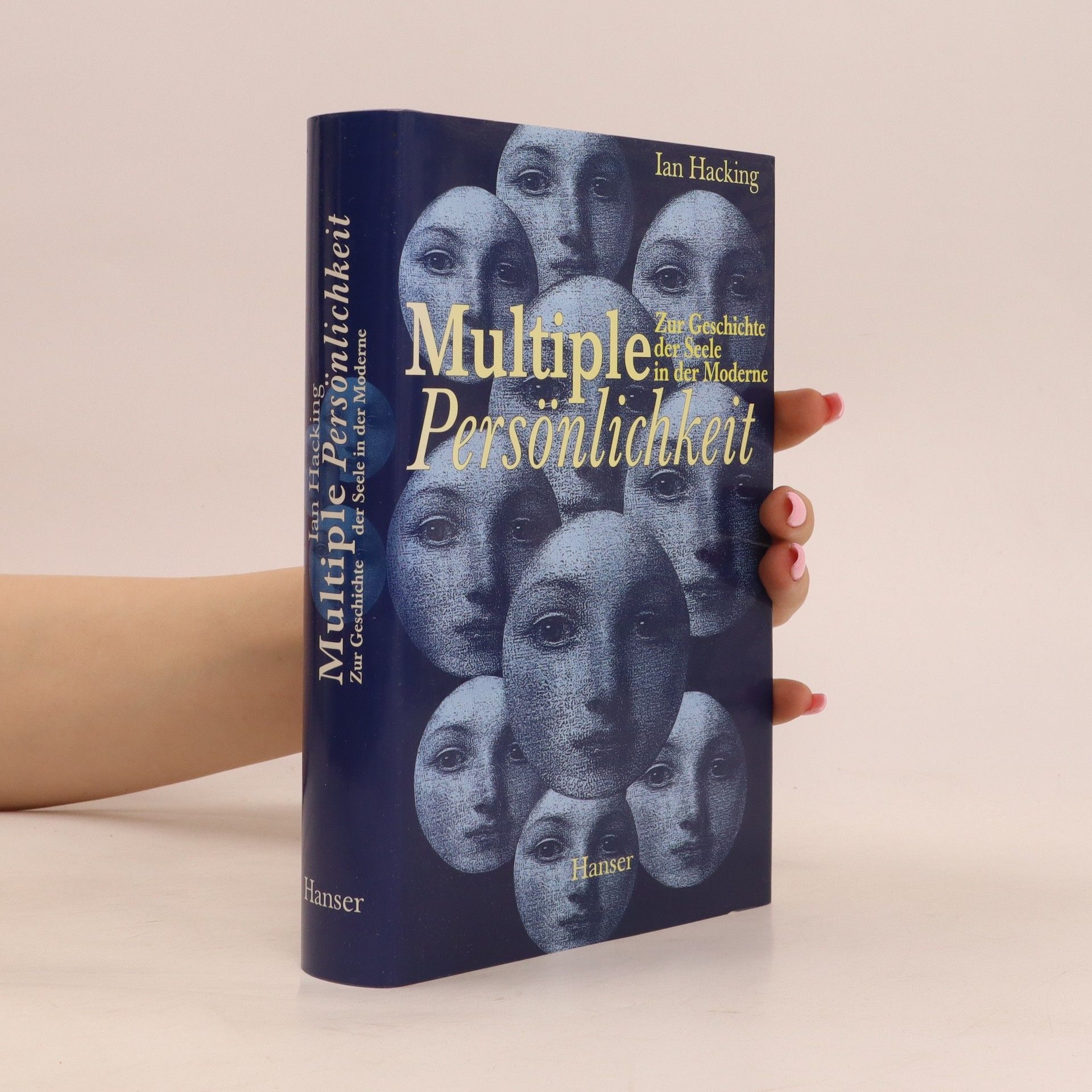Sociálna konštrukcia - ale čoho?
- 356 stránok
- 13 hodin čítania
Podtitul: Čo je a čo nie je sociálnou konštrukciou Jeden z najoriginálnejších súčasných filozofov vedy Ian Hacking v knihe rozoberá najzávažnejšie problémy v oblasti sociálnej konštrukcie reality. Ukazuje, že hoci od vydania priekopníckej knihy Petra I. Bergera a Thomasa Luckmana Sociálna konštrukcia reality (1966) uplynulo už takmer 40 rokov, dodnes nie je mnohým autorom – filozofom, sociológom, vedcom z rôznych odvetví – jasný ani len základný pojem. Hacking kritizuje najmä skutočnosť, že novú oblasť postihol údel viacerých pôvodne veľmi perspektívných myšlienok – stali sa módnymi, a tak sa ich zmocnili všetci, od odborníkov až po najväčších laikov. Výsledkom sú spory, ktoré sa niekedy označujú ako „kultúrne vojny“ či „vedecké vojny“. Kniha predstavuje súbor prednášok, ktoré mal autor po celom svete, tematicky ich spája reflexia vývinu názorov na problematiku sociálnej konštrukcie. Publikácia sa vyznačuje jasným výkladom, živým jazykom a nevšedným humorom.







